Enter a surname, town name or other keyword to search the database. Remember to
allow for the different spellings of 'Mc' and 'Mac.' Good luck!
{Search tips: Use single word search terms for more results}
You must enter some valid character(s) into the search field
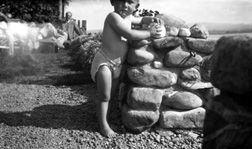
Reference: 21705c
George Maclennan (1920-2001) o...
|
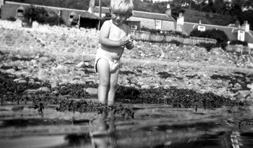
Reference: 21705b
George Maclennan (1920-2001) o...
|
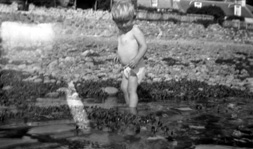
Reference: 21705a
George Maclennan (1920-2001) o...
|
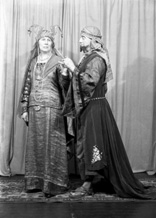
Reference: 29108f
Matheson Lang was born in Mont...
|
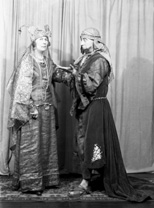
Reference: 29108e
Matheson Lang was born in Mont...
|
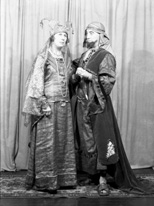
Reference: 29108d
Matheson Lang was born in Mont...
|
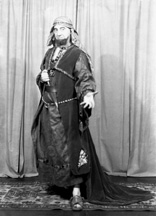
Reference: 29108c
Matheson Lang was born in Mont...
|
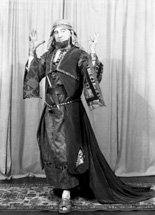
Reference: 29108b
Matheson Lang was born in Mont...
|
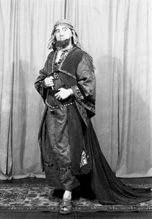
Reference: 29108a
Matheson Lang was born in Mont...
|
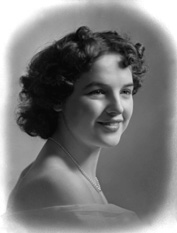
Reference: 42555
Miss Joyce Georgina Duff, 9 Br...
|
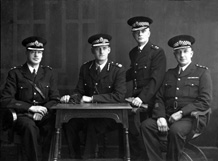
Reference: 39270.5
Mrs Johnston, Bridge Street, I...
|
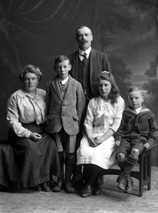
Reference: 23506
Mr Andrew Fraser, Benmore, Gle...
|